Testosterone and HGH: Exploring Benefits, Risks, and SynergyTestosterone and HGH: Exploring Benefits, Risks, and SynergySteroid Solutions in Canada[vc_row][vc_column][vc_column_text css=””]
Nutrition and Exercise Maximizing Your Fitness Gains
Nutrition and Exercise Maximizing Your Fitness Gains sets the stage for a comprehensive guide on how to elevate your fitness journey by harmonizing nutrition and physical activity.
Understanding Macronutrients and Their Role in Fitness
 When you’re aiming to maximize your fitness gains, understanding macronutrients is crucial. They’re the building blocks of your diet, consisting of proteins, carbohydrates, and fats. Each plays a unique role in your body.
When you’re aiming to maximize your fitness gains, understanding macronutrients is crucial. They’re the building blocks of your diet, consisting of proteins, carbohydrates, and fats. Each plays a unique role in your body.
Proteins repair muscle tissue, essential for recovery and growth after workouts. Carbohydrates are your primary energy source, fueling your workouts and daily activities. Fats, while often misunderstood, support hormone production and provide sustained energy.
Balancing these macronutrients in your diet can significantly impact your exercise performance and recovery. Keep in mind that everyone’s nutritional needs differ based on their goals, activity levels, and body composition.
The Importance of Meal Timing for Enhanced Performance
 To truly optimize your workouts, focus on when you eat as much as what you eat.
To truly optimize your workouts, focus on when you eat as much as what you eat.
Fueling your body with the right nutrients before exercise can boost your energy levels, while proper post-exercise nutrition aids recovery and muscle growth.
Pre-Workout Fueling Strategies for the best Nutrition and Exercise
Ever wondered how meal timing affects your workout performance? Eating the right foods at the right time can significantly boost your energy and endurance.
Here’s how you can fuel up effectively before hitting the gym:
- Timing: Eat a balanced meal 2-3 hours before exercising. This allows your body to digest and convert food into energy.
- Carbs: Prioritize carbohydrates. They’re your body’s main energy source and help you sustain high-intensity workouts.
- Protein: Consume moderate protein to support muscle repair and growth, which preps your muscles for exertion.
- Hydration: Don’t forget to drink water. Staying hydrated is crucial for peak performance and endurance.
Post-Exercise Recovery Nutrition
After an intense workout, your body’s craving nutrients to repair and refuel. Timing your post-exercise meal can significantly impact your recovery and performance. Aim to consume a balanced meal within 30 to 60 minutes after your workout.
This window is crucial for replenishing glycogen stores and kick-starting muscle repair. Focus on a combination of protein and carbohydrates. Protein aids in muscle recovery and growth, while carbohydrates restore your energy levels.
Lean proteins like chicken or tofu paired with whole grains or fruits work wonders. Don’t forget to hydrate, as fluids help transport nutrients throughout your body.
Designing an Effective Exercise Routine
 When designing an effective exercise routine, start by setting clear fitness goals to guide your workout plan.
When designing an effective exercise routine, start by setting clear fitness goals to guide your workout plan.
Make sure to include a balance of strength, cardio, and flexibility exercises to target all aspects of fitness.
Don’t forget to track your progress regularly, so you can adjust your routine and stay on course.
Goal-Oriented Workout Plans
To achieve your fitness goals, crafting a goal-oriented workout plan is essential. Start by identifying what you want to accomplish, whether it’s building muscle, increasing endurance, or losing weight.
Once you know your target, create a plan that aligns with it. Consider these steps:
- Set Specific Goals: Clearly define what you want to achieve. For example, “I want to run a 5K in under 25 minutes.”
- Create a Timeline: Establish a realistic timeframe for achieving your goals, such as three months or six weeks.
- Track Progress: Regularly monitor your progress to stay motivated and make necessary adjustments.
- Stay Flexible: Be ready to adapt your plan if you’re not seeing the desired results or if circumstances change.
Balanced Exercise Components
While designing an effective exercise routine, it’s crucial to incorporate balanced exercise components that address all aspects of fitness.
Start with cardiovascular exercises to boost heart health and endurance. Think about activities like running, cycling, or swimming.
Add strength training to build muscle and increase metabolism. Consider using weights or resistance bands.
Don’t forget flexibility exercises, such as yoga or stretching, to enhance range of motion and prevent injuries.
Balance exercises, like tai chi or standing on one leg, can improve stability and coordination.
Mix different workout types for variety and to keep things engaging.
Remember to align your exercises with your fitness goals and current fitness level.
This well-rounded approach ensures comprehensive fitness gains.
Progress Tracking Techniques
How can you tell if your fitness routine is delivering the results you want? Tracking your progress is crucial. Here’s how to get started:
- Set Clear Goals: Define what you want to achieve, whether it’s losing weight, gaining muscle, or improving endurance.
- Measure Regularly: Record your weight, body measurements, and take photos every few weeks. This helps you visualize progress over time.
- Keep a Workout Journal: Note your exercises, sets, reps, and weights. Tracking these details lets you see improvements in strength and stamina.
- Monitor Performance Metrics: Use fitness apps or wearables to track heart rate, calories burned, and distance covered. These metrics offer insights into your overall fitness levels.
Balancing Cardiovascular and Strength Training
Understanding how to balance cardiovascular and strength training is crucial for achieving comprehensive fitness gains. You don’t want to focus too much on one and neglect the other.
Cardio workouts, like running or cycling, boost your heart health and endurance. Meanwhile, strength training builds muscle mass and enhances metabolism.
To find the right balance, consider your fitness goals. If you’re training for a marathon, prioritize cardio but still incorporate strength exercises to prevent injuries. Conversely, if you’re aiming to build muscle, let strength training take center stage, but add cardio to maintain heart health.
Mix up your weekly routine with varied workouts, and listen to your body’s response. This approach ensures you’re maximizing overall benefits and staying motivated.
The Impact of Hydration on Exercise Efficiency
 Staying well-hydrated significantly boosts your exercise efficiency, ensuring you get the most out of every workout.
Staying well-hydrated significantly boosts your exercise efficiency, ensuring you get the most out of every workout.
Water plays a crucial role in regulating body temperature, lubricating joints, and transporting nutrients. Without enough fluids, your performance can drop, and you might feel fatigued sooner.
Here’s how proper hydration can enhance your workouts:
- Improved Endurance: Staying hydrated helps maintain blood volume, allowing your heart to pump efficiently.
- Enhanced Focus: Dehydration can lead to mental fatigue. Drinking water keeps your mind sharp.
- Better Muscle Function: Muscles need water to contract and relax properly, reducing the risk of cramps.
- Quicker Recovery: Hydration aids in flushing out toxins and supports muscle repair post-exercise.
Keep a water bottle handy and sip regularly to maximize your fitness gains.
Pre-Workout for Nutrition and Exercise
Before you hit the gym, fueling your body with the right nutrients can make all the difference in your performance and energy levels.
Start by consuming a balanced snack 30 to 60 minutes before your workout. Opt for easily digestible carbs like a banana or a small bowl of oatmeal to provide quick energy.
Pair it with a little protein, such as a scoop of yogurt or a handful of almonds, to sustain that energy and support muscle function.
Don’t forget to hydrate, as dehydration can lead to fatigue and decreased performance. A glass of water or a sports drink can help you stay hydrated.
Post-Workout Nutrition and Muscle Recovery
After an intense workout, giving your muscles the nutrients they need is crucial for effective recovery.
Focus on consuming a balanced mix of proteins and carbohydrates soon after exercising, as timing plays a key role in replenishing energy stores and repairing tissue.
Don’t forget to hydrate properly, as water is vital for transporting nutrients and removing waste products from your muscles.
Essential Nutrients for Recovery
While pushing your limits during a workout is crucial, the recovery phase is just as important for achieving your fitness goals.
To optimize recovery, focus on consuming essential nutrients that help repair and build muscle. Here are the key nutrients you need:
- Protein: It aids in muscle repair and growth. Aim for lean sources like chicken, fish, or plant-based proteins.
- Carbohydrates: They replenish glycogen stores, providing energy for your next workout. Opt for whole grains, fruits, and vegetables.
- Fats: Healthy fats support cell function and hormone production. Include sources like avocados, nuts, and olive oil.
- Vitamins and Minerals: They support overall recovery and immune function. Ensure a balanced intake of micronutrients through a varied diet.
Incorporate these nutrients to enhance your post-workout recovery.
Timing of Post-Workout Meals
To maximize your muscle recovery and growth, consider the timing of your post-workout meals. Consuming nutrients soon after exercising can be crucial. Aim to eat within 30 to 60 minutes after your workout to replenish glycogen stores and kick-start muscle repair.
This window is when your body is most receptive to absorbing nutrients. Focus on a balanced meal containing both protein and carbohydrates. Protein helps repair and build muscle fibers, while carbohydrates replenish energy reserves.
A protein shake with a banana or a turkey sandwich on whole grain bread are excellent options. Don’t wait too long to eat, as delaying can reduce the effectiveness of your workout and slow down recovery.
Plan ahead to ensure you’re ready to refuel efficiently.
Hydration’s Role in Repair
Nourishing your body after a workout isn’t just about food; hydration plays a pivotal role in muscle recovery as well. Staying hydrated helps transport nutrients to your muscles and flushes out toxins.
Here’s why you should prioritize hydration post-exercise:
- Replenishes Fluids: You’ve lost fluids through sweat. Drinking water restores balance and prevents dehydration.
- Reduces Muscle Soreness: Proper hydration can lessen the intensity of delayed onset muscle soreness (DOMS).
- Aids Nutrient Delivery: Water helps transport essential nutrients like electrolytes, which are crucial for muscle repair.
- Supports Protein Synthesis: Hydration enhances your body’s ability to synthesize protein, promoting muscle growth and repair.
Don’t underestimate the power of water. Make sure you drink enough to maximize your fitness gains and boost recovery.
The Role of Supplements in Fitness Gains
Although many fitness enthusiasts aim to reach their goals through consistent training and a balanced diet, supplements can play a crucial role in maximizing fitness gains.
When you incorporate supplements wisely, they can boost your performance, enhance muscle growth, and improve recovery. Protein powders, for example, offer a convenient way to meet your daily protein needs, essential for muscle repair and growth.
Creatine can increase strength and power, especially in high-intensity workouts. Branch-chain amino acids (BCAAs) help reduce muscle soreness and fatigue.
It’s important to remember that supplements should complement, not replace, a healthy diet. Always do your research or consult a nutritionist to ensure you’re choosing the right supplements for your fitness goals.
Use them as tools to enhance, not shortcut, your progress.
Strategies for Effective Recovery and Rest
A well-rounded fitness routine isn’t complete without effective recovery and rest strategies. To ensure your body recharges and rebuilds, consider these key approaches:
- Prioritize Sleep: Aim for 7-9 hours of quality sleep each night. It aids muscle repair and hormone regulation, essential for recovery.
- Incorporate Active Recovery: Light activities like walking or yoga can reduce muscle soreness and improve circulation without overtaxing your body.
- Stay Hydrated: Drink plenty of water to support metabolic functions and flush out toxins that build up after intense workouts.
- Use Proper Nutrition: Fuel your body with post-workout meals rich in protein and carbs to accelerate muscle recovery and replenish glycogen stores.
Implementing these strategies helps you maximize your fitness gains while preventing burnout.
Tracking Progress and Adjusting Your Fitness Plan
Rest and recovery set the foundation for your fitness journey, but understanding your progress is equally important. To track your progress, start by setting specific, realistic goals. Use a fitness journal or app to record workouts, nutrition, and how you feel each day.
Keep an eye on metrics like weight, measurements, and strength gains. Regularly assessing these factors helps you see what’s working and what needs tweaking.
Don’t hesitate to adjust your fitness plan. If you’re not seeing desired results, consider modifying exercises, increasing intensity, or changing your nutrition. Listen to your body; it’ll guide you in making necessary changes.
Frequently Asked Questions
How Does Sleep Quality Affect Fitness Gains and Overall Performance?
You’re not going to reach your full potential if you’re skimping on sleep. Sleep quality directly impacts your muscle recovery, energy levels, and focus, all of which are crucial for maximizing fitness gains and enhancing overall performance.
Can Stress Levels Influence My Nutrition and Exercise Results?
Yes, stress affects your nutrition and exercise results. High stress can lead to poor eating habits and decreased workout motivation. Managing stress helps you maintain a balanced diet and consistent exercise routine, maximizing your fitness gains.
What Role Does Genetics Play in My Fitness Potential?
Genetics can significantly impact your fitness potential. They influence muscle fiber type, metabolism, and recovery time. While you can’t change your genes, understanding them helps tailor your workouts and nutrition to maximize your results.
Are There Specific Mental Exercises to Boost Workout Motivation?
You can boost workout motivation by visualizing your goals, setting clear intentions, and practicing positive self-talk. Try using motivational apps or creating a workout playlist. Remember, consistency and mindset are crucial for maintaining your drive.
How Do Environmental Factors Impact My Exercise Routine and Nutrition?
Your environment shapes your exercise routine by influencing mood and motivation. Clean, organized spaces inspire workouts while chaotic areas might deter you. Accessibility to fresh foods affects nutrition, so prioritize environments that encourage healthy eating and regular activity.[/vc_column_text][/vc_column][/vc_row]
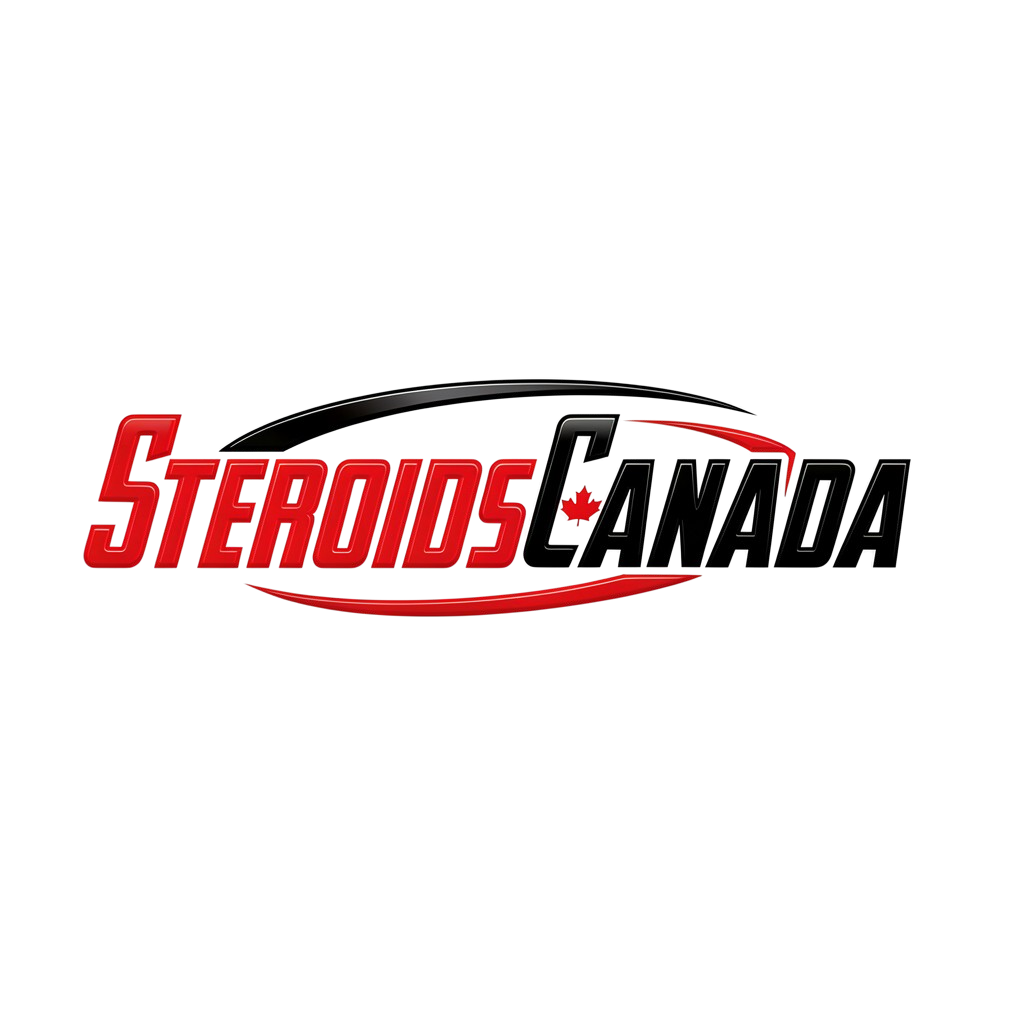
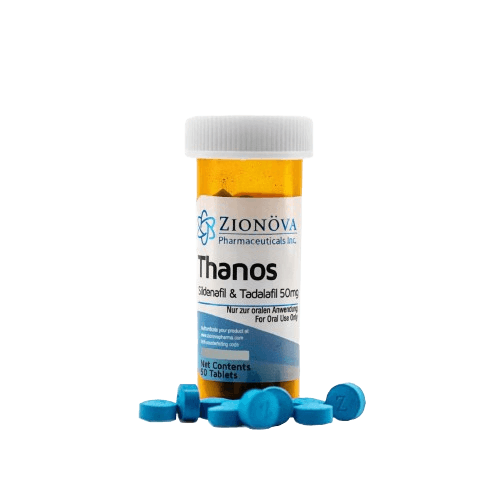
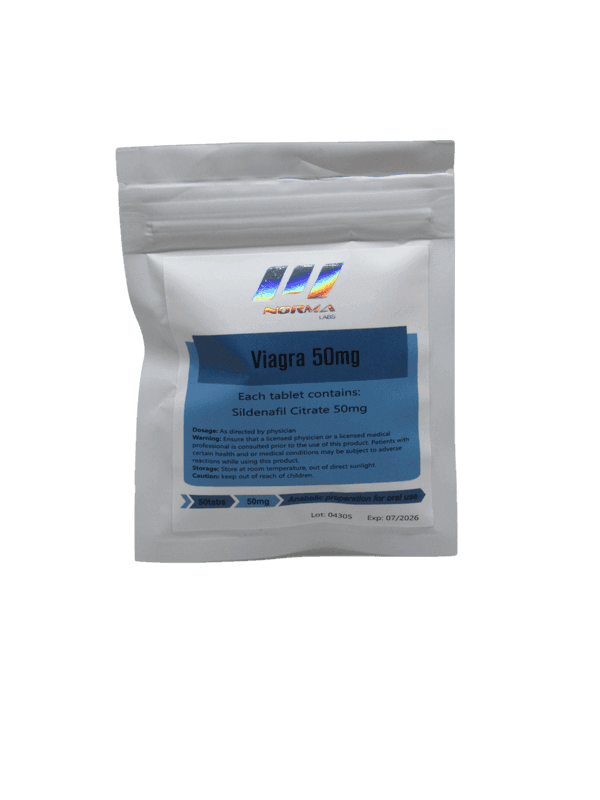
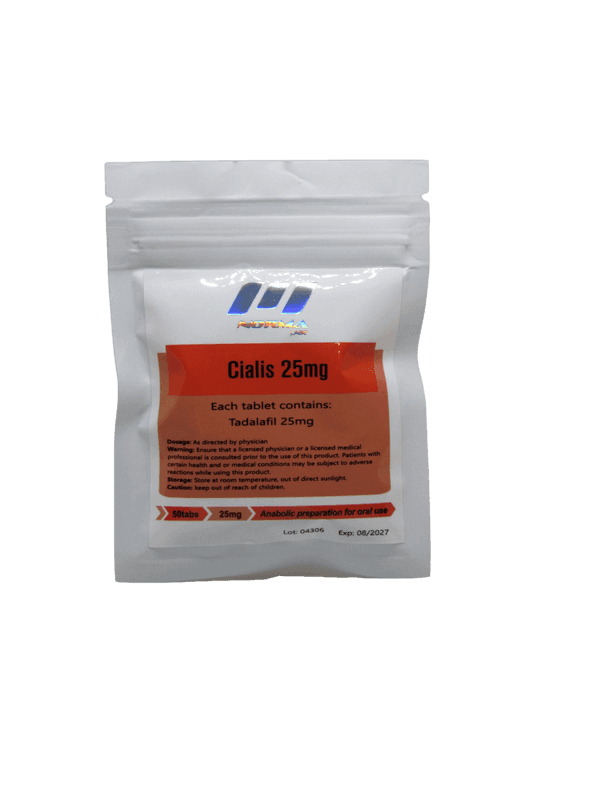
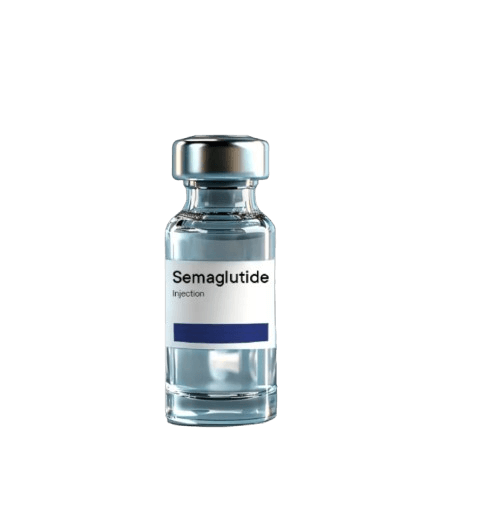







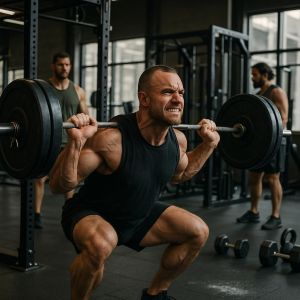
One comment
Pingback:
The Positive Effects of Physical Exercise on Mental Health | Psychreg